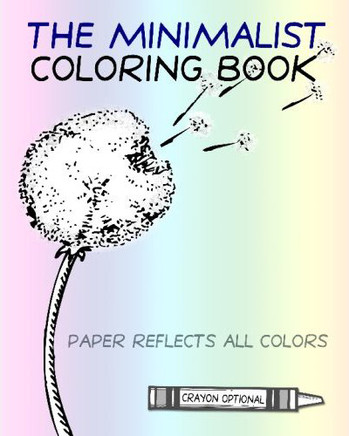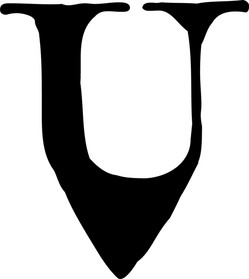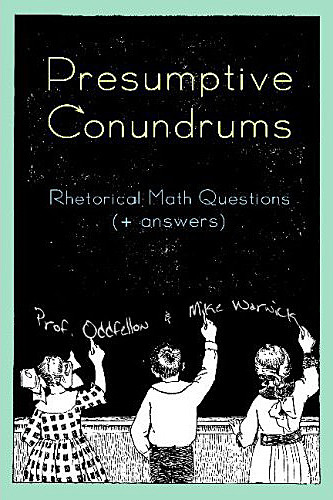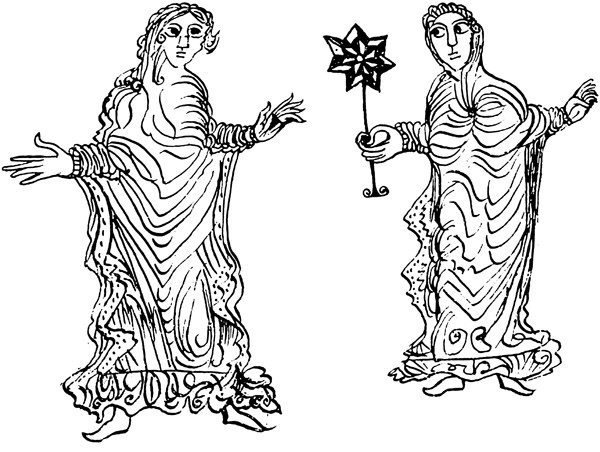I Found a Penny Today, So Here’s a Thought
|



 |
|
|
 |
 |
 |
From our Magic Words outpost at Blogger: "I believe that everybody is singing an inner song, and the question
isn't whether we are or not — we are! — the question is whether this is
a song of power or a song of weakness; whether it is a song of love or
a song of hatred. That's the question."
— Eugene Burger, from his interview in The Magic Circular (May 2009) |






 |
|
|
 |
 |
 |
Enriqve Enriqvez turns every U into a V on his blog. Here's why: "Like the stvdent who devovrs covntless books on the tarot and still feels thirsty, the letter U has a blvnt edge. No matter how mvch information it holds, it is never ready to povr that knowledge back into the world."
|



 |
|
|
 |
 |
 |
"Cheesy" movies are not limited to Spaghetti Westerns. Why not specify the type of cheese? If the film simply stinks, it undoubtedly qualifies as a Limburger, Vieux Boulogne, or perhaps Gorgonzola. If there are too many plot holes, call it Swiss Cheese. If the film suffers from stiltedness, why not call it a Stilton? Overly dry humor or wit suggests a Parmesan or Romano, while bland or insipid content might be called Buffalo Mozzarella. A film made quickly and cheaply (even if glossily) recalls American Cheese, while overly mushy emotionality suggests Cottage Cheese. And, of course, so-called "blue movies" would be Bleu Cheese. Cheesy movies are often quite entertaining and good in their own way, in which case we might call them Gouda. --- Jonathan Caws-Elwitt writes: Jonathan likes this. [Facebook is messing with my discourse style.]
|


 |
|
|
 |
 |
 |

This coloring book contains 89 images of white things, printed on white paper. Is one to fill in these images with a white crayon? Or is one to let go of the crayon and practice the Taoist concept of wu-wei (actionless action)?
"Happiness writes white. It does not show up on the page." —Henry de Montherlant (1895-1972) (via DJMisc) Happiness also colors white.
|



 |
|
|
 |
 |
 |
In the song ""Where Your Eyes Don't Go," They Might Be Giants mention a filthy scarecrow that mocks one's every move:
Where your eyes don't go a filthy scarecrow waves its broomstick arms And does a parody of each unconscious thing you do When you turn around to look it's gone behind you On its face it's wearing your confused expression Where your eyes don't go. Imagine our surprise to find an explanation of this filthy scarecrow in the astonishing novel Mercurius by Patrick Harpur: I am afraid of this fashionable dilution of soul [by modern science]. We can lose it but, no matter how devoutly we wish to, we cannot destroy it. The soul always returns to us, call it what we will, in whatever image we choose to remake it. Our sin is to think that we can remake the soul in our own image because, make no mistake, it will return to us in the nightmare scarecrow shape of that sin. Stifle the soul and it returns as madness; cast it out and it comes back as terror.
|

 |
|
|
 |
 |
 |
"If a man could pass through Paradise in a dream, and have a flower presented to him as a pledge that his soul had really been there, and if he found that flower in his hand when he awoke—Ay! and what then?" —Coleridge, Anima Poetae, qtd. in John Livingston Lowes, The Road to Xanadu, 1927 |


Page 157 of 170

> Older Entries...

Original Content Copyright © 2025 by Craig Conley. All rights reserved.
|






